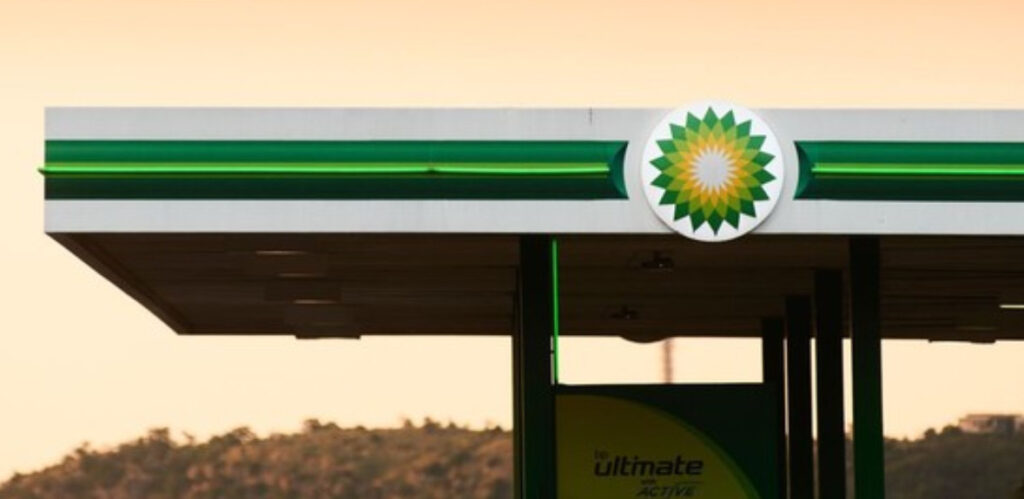BP PLC has reported a sharp rise in its net debt during the first quarter of the year, as the British energy giant continues to grapple with financial instability and a difficult pivot back to fossil fuels.
The company announced on Friday that net debt had increased by approximately $4 billion (£3.2bn) compared to the previous quarter, citing a build-up in working capital.
The update comes alongside disappointing performance in upstream production and a notably weak showing in its gas trading operations – traditionally a key profit centre during volatile market conditions.
The figures come just months after BP unveiled a strategic shift to scale back investment in renewables and refocus on its core oil and gas business, a move prompted by pressure from activist investor Elliott Investment Management, which has since acquired a significant stake in the company.
At the end of 2024, BP’s net debt stood at $23 billion, placing it in a less favourable position than competitors such as Shell PLC, TotalEnergies, Chevron, and ExxonMobil.
Analysts warn the group now faces mounting challenges, with oil prices experiencing sharp declines and markets shaken by geopolitical headwinds – notably US President Donald Trump’s aggressive trade stance and OPEC’s recent decision to increase output.
TD Cowen analyst Jason Gabelman suggested BP may be the first among its peers to scale back share buybacks due to its “relatively high leverage and reliance on divestments.” BP shares have already underperformed rival stocks, falling further since the US tariff announcement on 2 April.
While the company reported a marginal uptick in oil production for the quarter, it saw lower output in natural gas and low-carbon energy. BP’s trading arm – often relied upon to smooth earnings during tough quarters – delivered only an “average” contribution on the oil side and a “weak” performance in gas.
Shares in BP dipped as much as 3.5% on Friday, and remained down by 2.3% in London by early afternoon.
In an attempt to downplay the worsening debt position, BP attributed the working capital build-up to “seasonal inventory effects,” annual bonus outlays, and pending transactions related to low-carbon asset disposals – many of which the company says are expected to reverse.
The latest guidance follows a 60% slump in Q4 2024 earnings, prompting Chief Executive Murray Auchincloss to announce a strategic “reset” involving the sale of $20 billion in assets by the end of 2027.
The plan is aimed at restoring financial flexibility and rebalancing a stretched balance sheet, which has already forced the company to slow its share buyback programme – in contrast to peers maintaining investor payouts.
Internal turbulence has further compounded BP’s woes, with the recent announcement that Chairman Helge Lund will step down “in due course.” Lund’s departure had been anticipated after Bloomberg reported Elliott’s rising influence and its intent to steer the company in a new direction.


